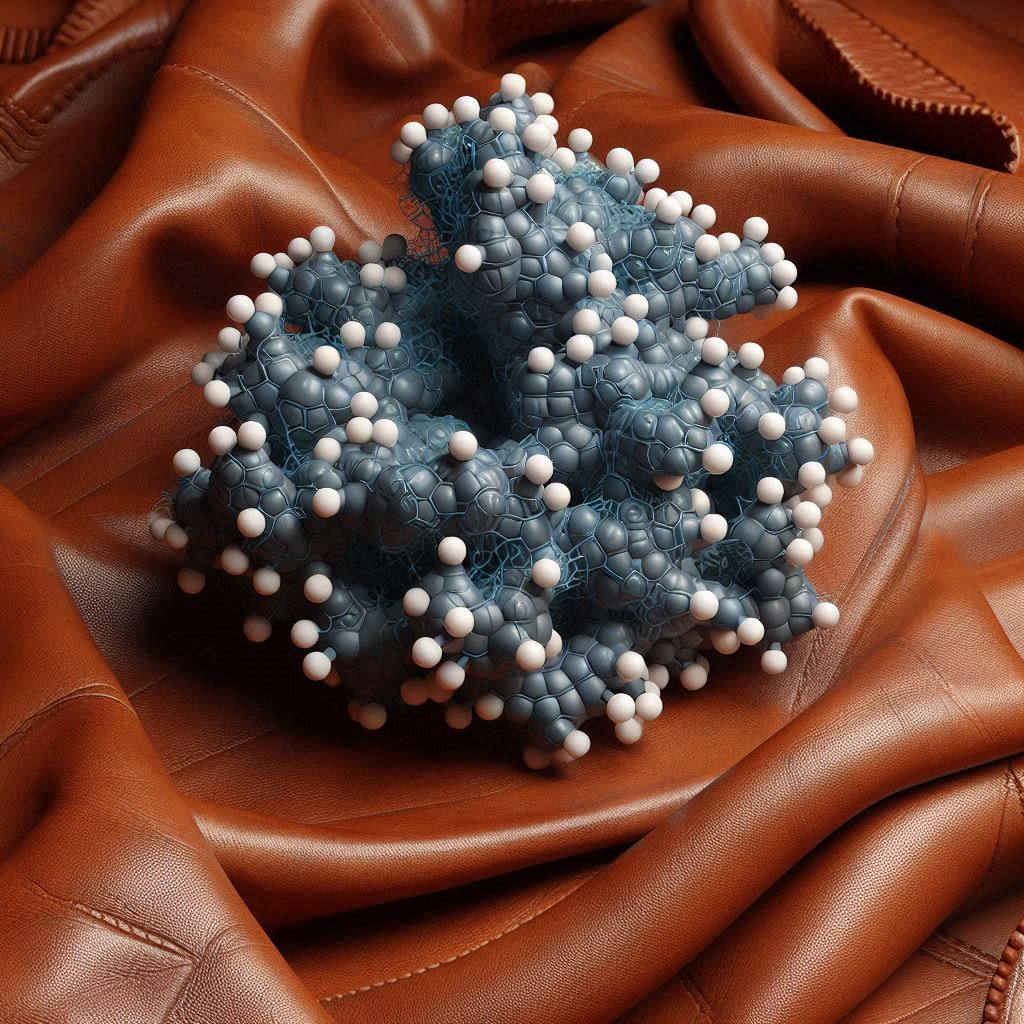

Enzymes For Leather Industry
Leather enzymes are essential for optimizing the tanning and finishing processes in leather production, enhancing both the quality and sustainability of leather goods. At Wilton Bioscience, we provide a variety of specialized enzymes tailored for leather processing, including proteases, lipases, and collagenases. These enzymes play a critical role in the dehairing and fleshing of hides, helping to break down unwanted proteins and fats while preserving the integrity of the leather. By incorporating our enzyme solutions, tanneries can achieve cleaner, more uniform leather, resulting in superior texture, softness, and overall quality in the final products.
In addition to improving leather quality, the use of enzymes in leather processing promotes environmentally friendly practices and operational efficiency. Enzymatic treatments can significantly reduce the need for harsh chemicals traditionally used in leather processing, minimizing the environmental impact of the tanning industry. By streamlining the leather production process, enzymes help reduce water and energy consumption, leading to cost savings for manufacturers. At Wilton Bioscience, we are committed to advancing the leather industry with innovative enzyme solutions that enhance product quality while supporting sustainable and responsible manufacturing practices.
EnzymeMakers
Leather Enzyme Types
FAQ
Frequently Asked Questions
Leather enzymes are specialized proteins used in the leather production process to enhance the efficiency and quality of tanning and finishing. They play a crucial role in various stages, including dehairing, fleshing, and the overall treatment of hides and skins. By breaking down unwanted proteins and fats, these enzymes help produce softer, more supple leather while preserving its strength and durability.
Common enzymes used in leather processing include proteases, which help break down collagen and remove hair; lipases, which assist in fat removal; and collagenases, which improve the quality of leather by enhancing the properties of collagen fibers. These enzymes work together to optimize the tanning process, resulting in high-quality leather products.
Leather enzymes improve the quality of leather products by ensuring a cleaner and more uniform texture. They help achieve better softness, flexibility, and overall appearance in the final leather goods. By effectively breaking down impurities and enhancing the structural properties of the hide, enzymes contribute to producing high-quality leather that meets the standards of both manufacturers and consumers.
Yes, leather enzymes are safe for use in the tanning process when utilized according to industry guidelines. They are derived from natural sources and are designed to enhance the leather production process without introducing harmful chemicals. When used properly, these enzymes help create high-quality leather products while promoting more sustainable and responsible manufacturing practices in the leather industry.